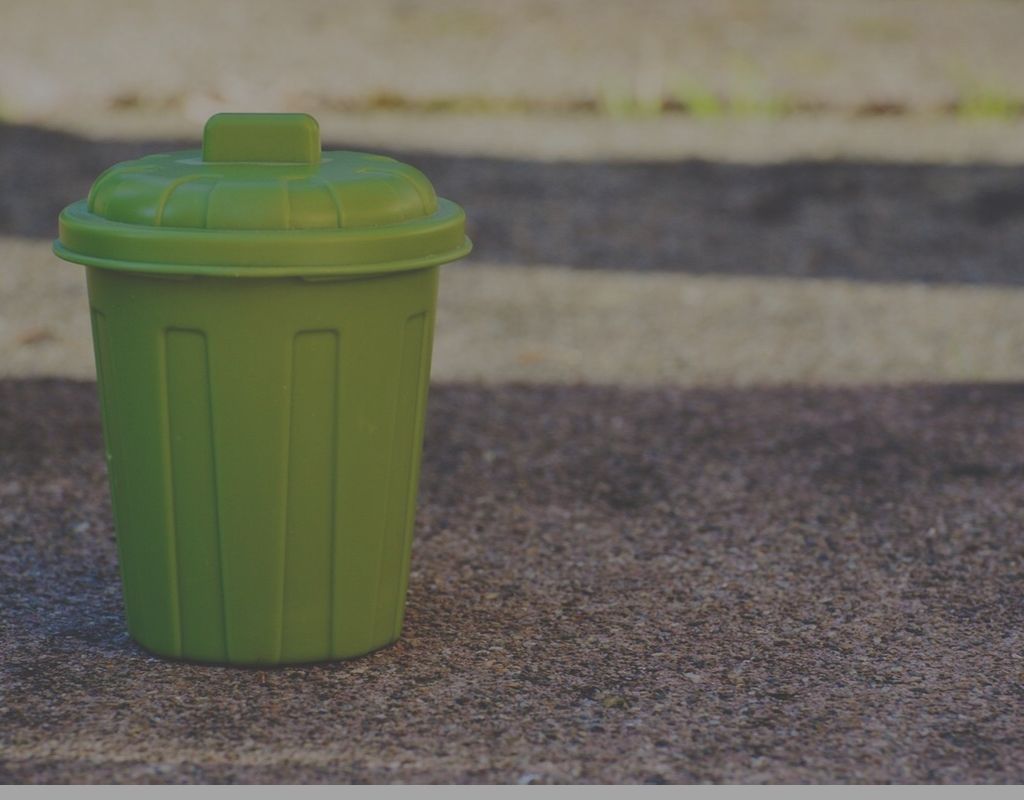This is based on an unsubmitted short essay that I wrote as an entry for the ASEAN Youth Citizen Journalism Contest 2017.
I also hope to publish a paper on public participation and urban solid waste management. Leave some comments!
Also, download my curated list of resources for local solid waste management planning!
Waste management is projected to increase because of growing population and unmanaged urbanization. A 2009 study details that ASEAN citizens generate volumes of waste ranging from 0.45 kg/person/day in Myanmar to 1.1 kg/person/day in Singapore (Nguyen Ngoc and Schnitzer, 2009).
The Philippine Climate Change Commission found that 9% of country greenhouse gas emissions are from the waste management sector (Magalang, 2014).
Despite this, waste management is one of the least prioritized sectors of local management (Hoornweg and Bhada-tata, 2012), even though waste management is inculcated in the Sustainable Development Goal 12: Ensure sustainable consumption and production patterns.
Waste management is a complex environmental issue that needs not only technological solutions but also socio-economic and political resolutions (Guerrero et al., 2013).
In Singapore, around ninety-percent of waste is incinerated due the limited space for landfilling (Zhang et al., 2010).
However, not all ASEAN countries have resources and situations like Singapore for managing waste. The Philippines, for example, cannot legally practice incineration because of an existing law for clean air (RA 8749).
Increasing public perception towards solid waste management is influential for encouraging participation in waste management. With increased participation comes reduced waste generation, improved waste collection percentage, promoted waste segregation and increased participation in waste diversion practices.
Particularly, waste diversion practices like composting and recycling are advantageous to developing countries in the ASEAN because of low capital outlay. Composting particularly fits the majorly biodegradable composition of waste in most ASEAN countries (Nguyen Ngoc and Schnitzer, 2009).
Increasing public perception has been found to increase participation in composting practices (Sufian and Bala, 2007; EcoGov, 2011). The power of the informal sector – waste pickers, small-scale recyclers – will also be tapped when households are aware of the benefits of proper solid waste management. The informal sector will complement the government waste management system.
The youth of the ASEAN are the powerful influencers through social media. The power of social media in spreading messages throughout the globe is exceeded by none. Because of social media access, the youth is able to convey strong support towards causes that are relevant to them.
Public perception can be stimulated greatly through social media, steamrolling public action that is both massive and quick. Waste management is least priority: the youth have made issues relevant through the power of social media.
The Sustainable Development Goals are the agenda of 2030! Today’s youth are decision-makers and policy leaders then. Starting action today will provide a thrust towards public participation in waste management in the near future.
The experience of good food, convenient housing, and wonderful aesthetics – these privileges must be experienced by the next generation too.
References:
- Guerrero L, Maas G, Hogland W. 2013. Solid waste management challenges for cities in developing countries. Waste Management 33: 220-232.
- Hoornweg D, Bhada-tata P. 2012. What a waste: a global review of solid waste management. Urban Development Series. March 2012 No. 15. World Bank.
- Magalang A. 2014. Municipal solid waste management in the Philippines. In: Pariatamby A and Tanaka M. 2014. Municipal Solid Waste Management in Asia and the Pacific Islands. Environmental Science and Engineering.
- Nguyen Ngoc U and Schnitzer H. 2009. Sustainable solutions for solid waste management in Southeast Asian countries. Waste Management 29 (2009) 1982–1995.
- Republic Act No. 8749. Philippine Clean Air Act of 1999.
- Sufian MA and Bala BK. 2007. Modeling of urban solid waste management system: the case of Dhaka city. Waste Management 27 (2007) 858–868.
- Zhang D, Tan S, Gersberg R. 2010. A comparison of municipal solid waste management in Berlin and Singapore. Waste Management 30: 921-933.

